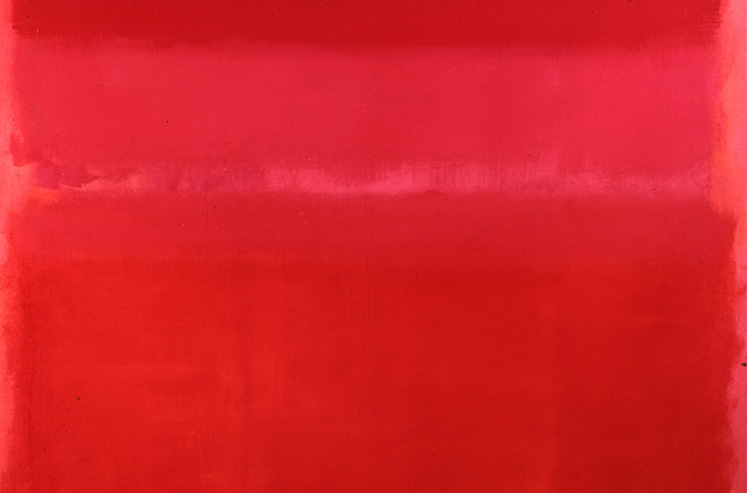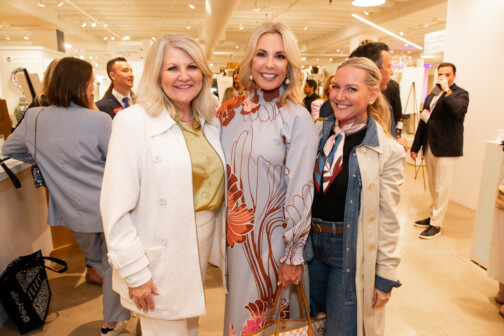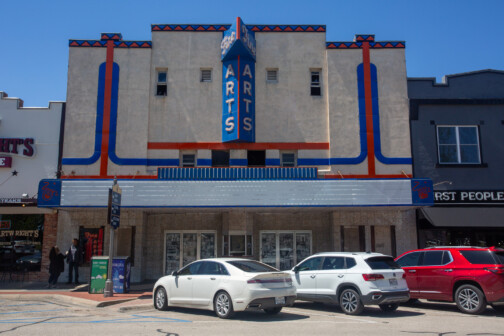The ongoing fight over a painting that was sold while still hanging on the walls of the Dallas Museum of Art heads to a Dallas courtroom today where mega-collector Marguerite Hoffman will try to win a lawsuit that alleges that the buyer of the painting broke a confidentiality agreement. The sale, which you can read about in detail here, strikes to the heart of the secret, backroom dealings of the art market, replete with multi-million dollar mark-ups; double commissions for dealers; and billionaires who speculate and find tax shelters in the highly unregulated art market.
This particular case dates back to 2007 when the three Dallas collectors (the Hoffmans, Rachofskys, and Roses) announced they would give the Dallas Museum of Art their collections upon their death. This “bequest” was celebrated with a large exhibition of the work from the collections at the city museum. While the show was still on view, an untitled 1961 painting by the abstract expressionist Mark Rothko, nicknamed “Red Rothko,” was purchased from Hoffman by David Martinez, a Mexican-born billionaire art collector for $17.6, the second highest price for a Rothko painting at the time according to the Wall Street Journal. Martinez agreed to keep the sale confidential, but it became public when the work surfaced on the Sotheby’s auction block in 2010 where it sold for $31.4 million. There was no secret where the painting had come from; the 2007 DMA exhibition was duly noted in the painting’s exhibition history.
In the lawsuit, Hoffman argues that multiple parties reneged on their agreement to keep the sale confidential, while defendants claim that the period of silence was respected and they never agreed to not resell the painting. In short, Hoffman is embarrassed. She wished to keep the sale quiet because she needed cash a year after her late-husband, Robert Hoffman, passed away. She also embarrassed the Dallas Museum of Art because the sale ropes the city’s museum into what looks like shady, speculative art trade. The painting’s presence in the museum exhibition certainly helped appreciate its value on the auction block, just as the entire three family bequest helps to increase the value of the families’ collections.
The lawsuit will likely have an impact on the binding power of the kinds of confidentiality agreements Hoffman made the buyer of her Rothko sign – agreements which are not uncommon in the art world. But the lawsuit also continues to shine light on the problematic nature of the 2007 bequest of art by the city’s three most prominent collectors. The delayed donation has been hailed as a magnanimous gesture of civic philanthropy, and indeed, the prospect of the museum holding ownership of these three collections will make it an important center for 20th century art. The bequest has already granted the museum open access to these works while the collectors are still alive. But the donation also gives the three collectors a tremendous financial advantage thanks to the association with the museum. The works of art they currently hold — and which, per the terms of the bequest, they are still allowed to buy and sell — appreciate in value because of their relationship to the museum. The Rothko case in particular makes the city’s public museum look like a speculative tool leveraged by its most prominent patrons.





